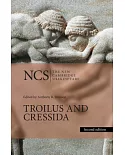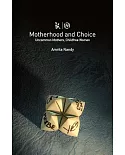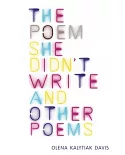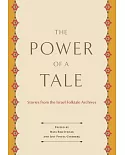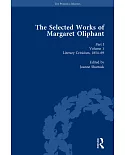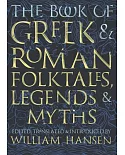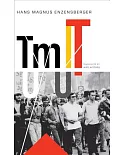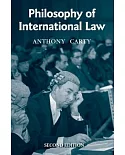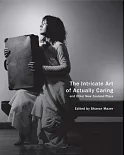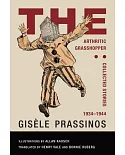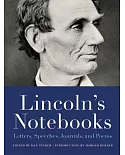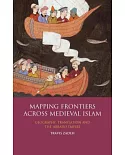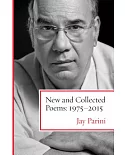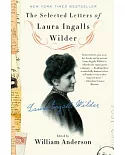This book examines the complex ways in which a literary culture has been created and sustained within the Cuban Revolution. Based on the insights gained from original interviews with over 100
participants and sustained documentary research, it offers new perspectives and challenges long-held orthodoxies regarding the place of literature in the Cuban Revolution.
By departing from the conventional focus on individual texts and authors to instead examine the actors, processes and spaces (writing, regulation, publishing, promotion and reading) through
which literature has operated inside Cuba since 1959, and thus situates literary culture within the broader revolutionary context of nation-building. It traces the development of literary
culture from the first days of the Revolution through to the economic crisis of the 1990s, revealing the debates and tensions but also the continuity of vision which has underlined the
production and circulation of literature on the island. Combining historical and theoretical approaches with more detailed case studies, it explores Cuban literary culture through a conceptual
framework which identifies the unique and complex patterns of policy and practice within the Revolution and applies them to three particular contemporary phenomena writing workshops, the Havana
Book Festival, and the publishing infrastructure which demonstrate the continuing centrality of literary culture within the Cuban Revolution.
The book is of interest to students and researchers working within Latin American Studies, those studying Cuba or other revolutionary contexts in Latin America, as well as those working in
Cultural Studies, and lay readers with an interest in the Cuban Revolution.


